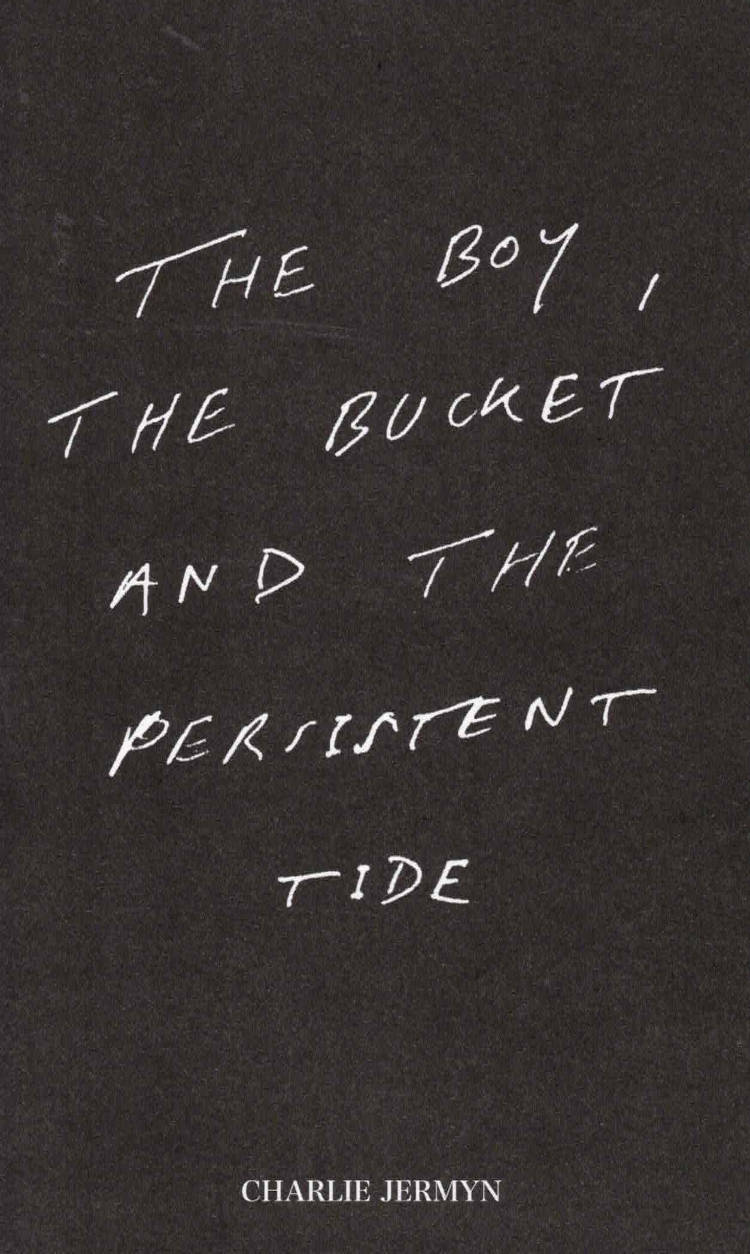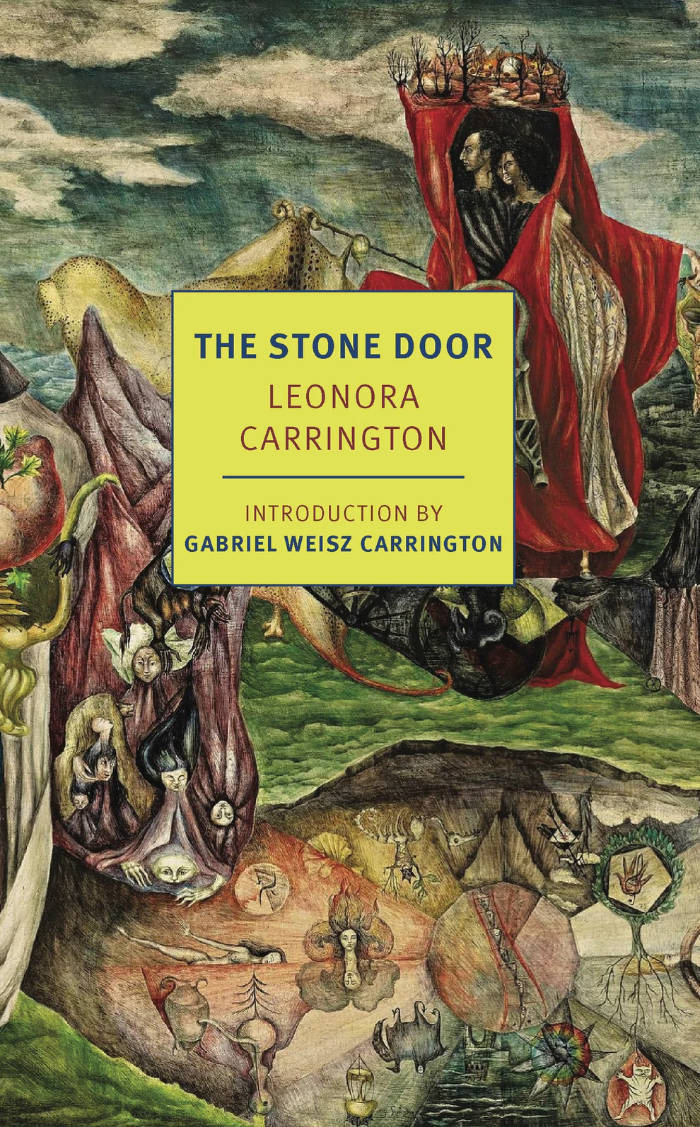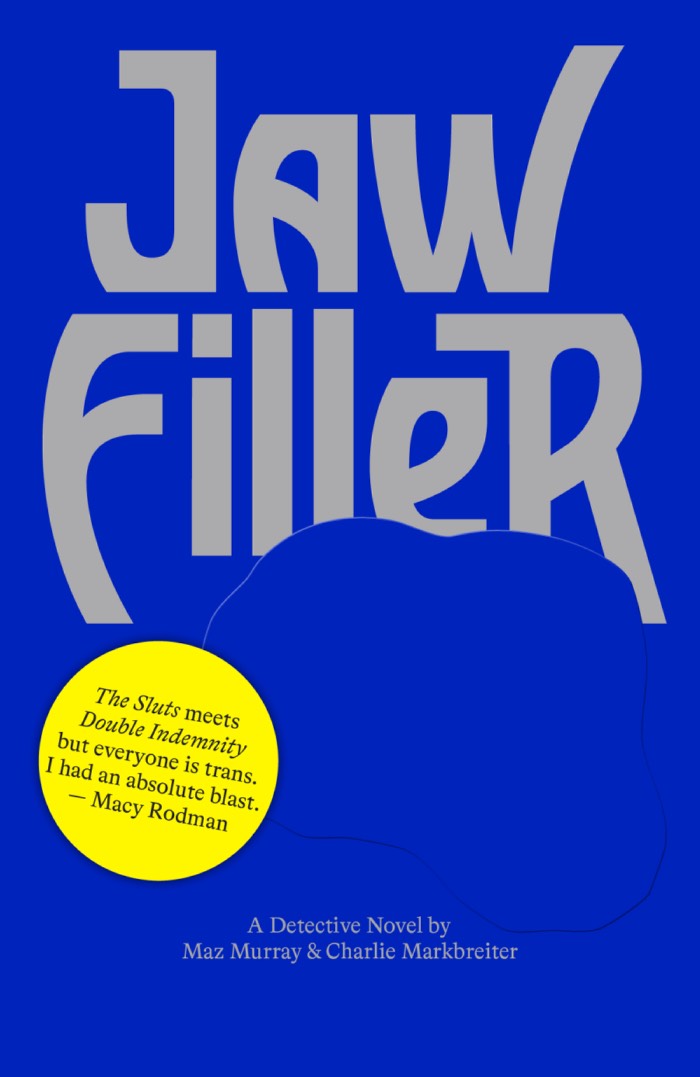
Animalia Paradoxa
A virus inflames a woman with mortal desire; a colonial naturalist seeks an impossible specimen; invisible violence stalks a safari and a man out walking enters into a strange shadow dance with a prizefighter. Ranging from taut human drama to phantasmagoria, these stories make rich and strange connections – between ancient and new, human and animal, Africa and Europe, reality and dream. Taken together, in prose of great precision and beauty, the stories in Animalia Paradoxa map the complexities of the human specimen, in all its troubling glory. This is fiction of the highest quality, from one of South Africa’s foremost novelists.
Henrietta Rose-Innes is a South African novelist and short story writer. She is the author of four novels, including Nineveh and Green Lion, which was shortlisted for the 2016 Sunday Times Fiction Prize and won the 2015 Prix François Sommer. Homing, a short story collection, was published in South Africa in 2010. She was the 2008 winner of the Caine Prize for African Writing and runner–up in the BBC International Short Story Award in 2012.
Language: English






